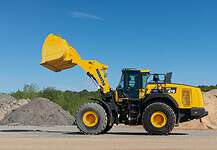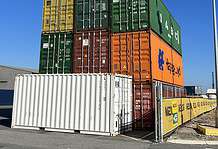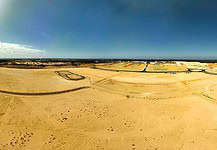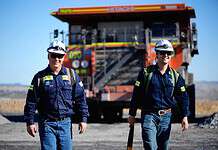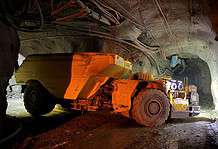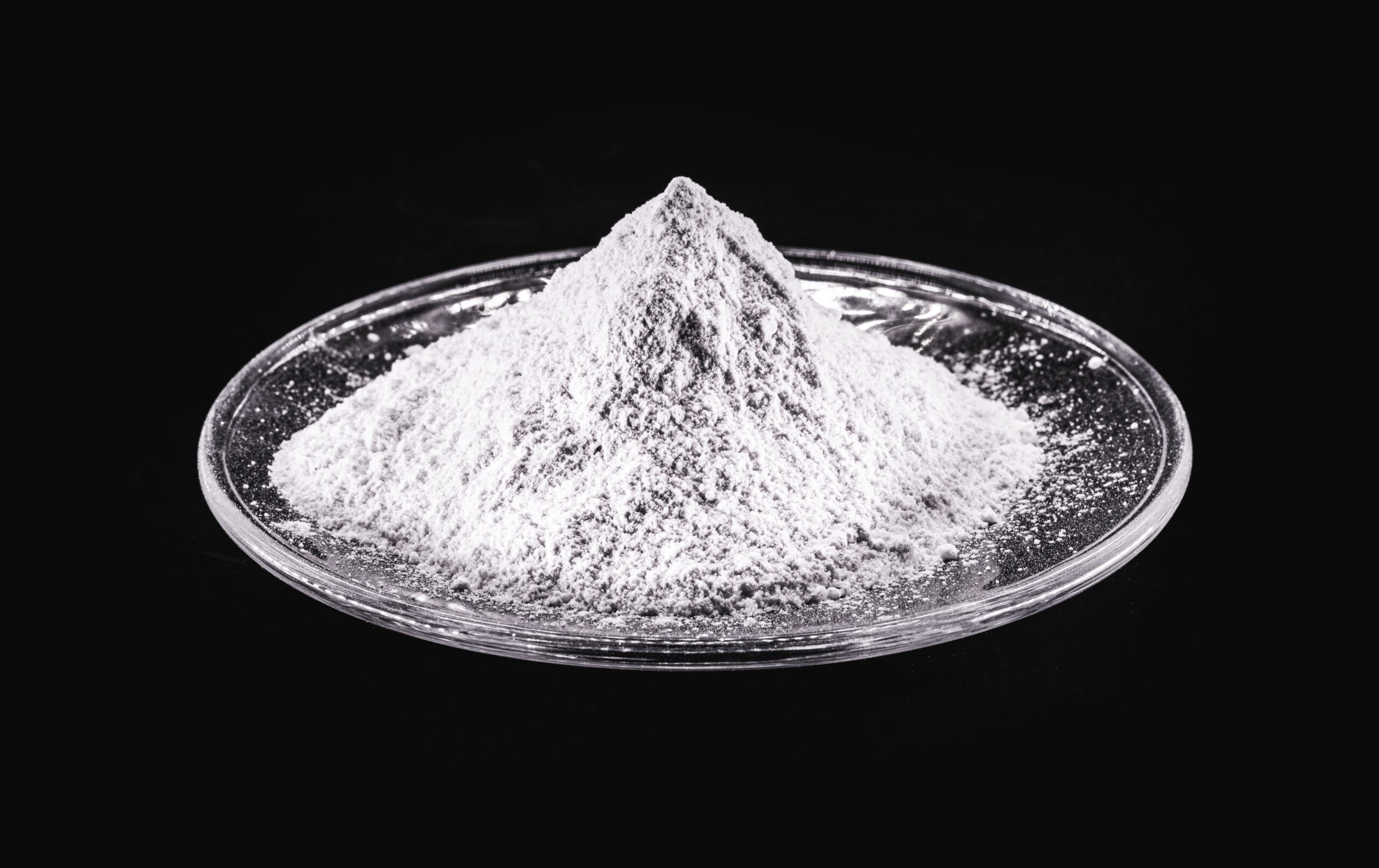Queensland and WA resources sectors deliver remarkable results

Queensland’s resources sector delivered a record $116.8b in economic benefits to the state economy in 2022-2023.
This is $22.2b more than the previous financial year and represents one in every four dollars spent in Queensland.
Queensland Resources Council chief executive Ian Macfarlane says the figures show what’s at risk from the Queensland Government’s sudden and unprecedented introduction of the world’s highest coal royalty taxes.
“Queensland’s current prosperity is the result of decades of past investment by mining and energy companies from all around the world as well as by companies based right here,” he said.
“Unless that level of large-scale, long-term investment continues, Queensland’s economy is going to look very different in the future. We shouldn’t be giving companies a reason not to invest here.”
The state’s resources sector also supported over 500k jobs in FY23.
“The total number of direct and indirect jobs supported by the resources sector jumped from 450,000 to more than 532,000 over this 12-month period, accounting for one in every six Queensland jobs,” Mr Macfarlane said.
“The direct spend by the metals mining industry on local businesses and charities rose by 41% and the number of jobs supported by gas producers increased by 18%.”
Queensland’s resources sector is crucial to the State continuing prosperity and funding government services and infrastructure such as roads, police stations, schools and hospitals.
BHP, the world’s largest mining company, has announced it will not invest in any new growth projects in Queensland while the coal royalty taxes are in place.
“Queensland’s excessive tax on coal producers is out of step with the rest of the world and has given companies a reason not to invest in new projects here,” Mr Macfarlane said.
“Coal royalty tax revenue exceeded $15b last financial year, and Queensland Government estimates conservatively indicate it will be at least $5b this year, but it is likely to be much higher.
“Royalties alone jumped from $8.9b to $18.1b and that’s before you add land and payroll taxes, transfer duties and other regulatory costs imposed by the State Government.”
WA’s resources sector grows
WA’s resources sector also delivered record sales of $254b in 2022-2023 and supported the sixth consecutive year of jobs growth.
The Department of Mines, Industry Regulation and Safety revealed resources sales were up $20b from 2021-2022, smashing the previous record of $251b in 2022. Employment records were also broken with more than 126,480 full time workers in WA.
Iron ore production continued to grow with sales of $125b supported by record production of 861mt.
Lithium achieved all-time high sales of $21b on the back of expanding production and record prices, while the value of liquefied natural gas surged to $56b.
Sales of gold ($18.6b), nickel ($5.7b), domestic gas ($2.5b) and salt ($714m) reflected the strength of State’s resources sector. Condensate ($8.6b), alumina ($6.7b) and mineral sands ($1.4b) sales remained steady.
WA Premier Roger Cook commented on the growth.
“WA jobs are our number one priority, and our resources sector continues to underpin our State’s economic strength,” he said.
“As the world moves to a low-carbon future, we’re positioning WA as a renewable energy powerhouse — and our record lithium sales show we’re on the right track.”


